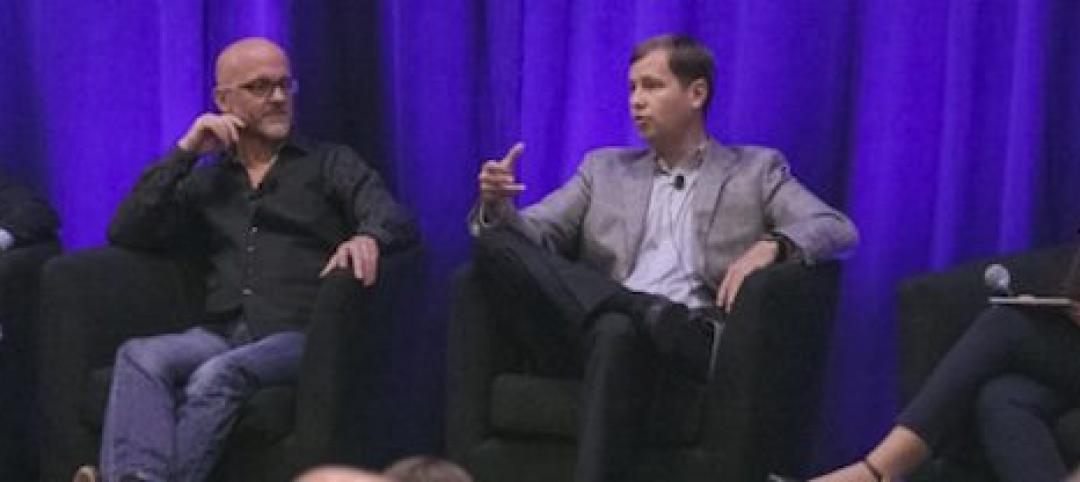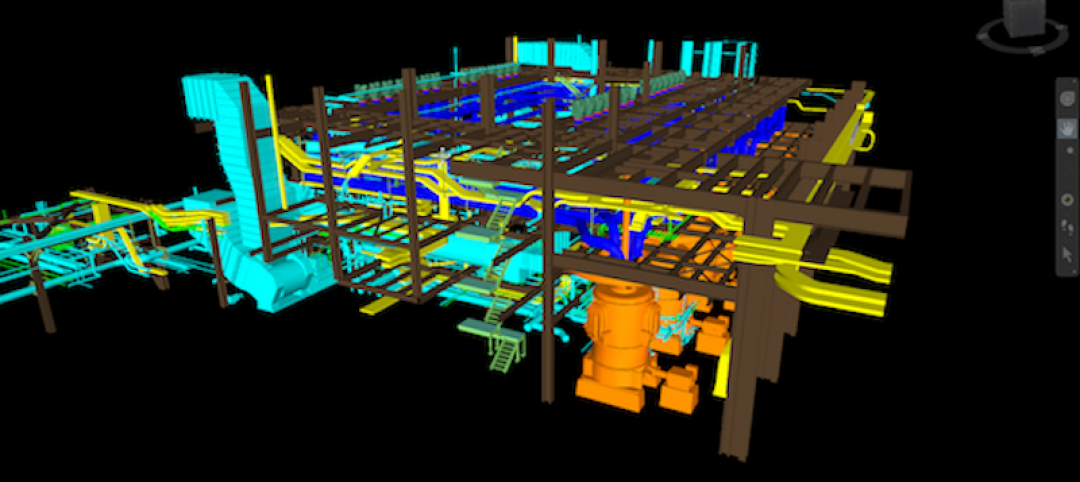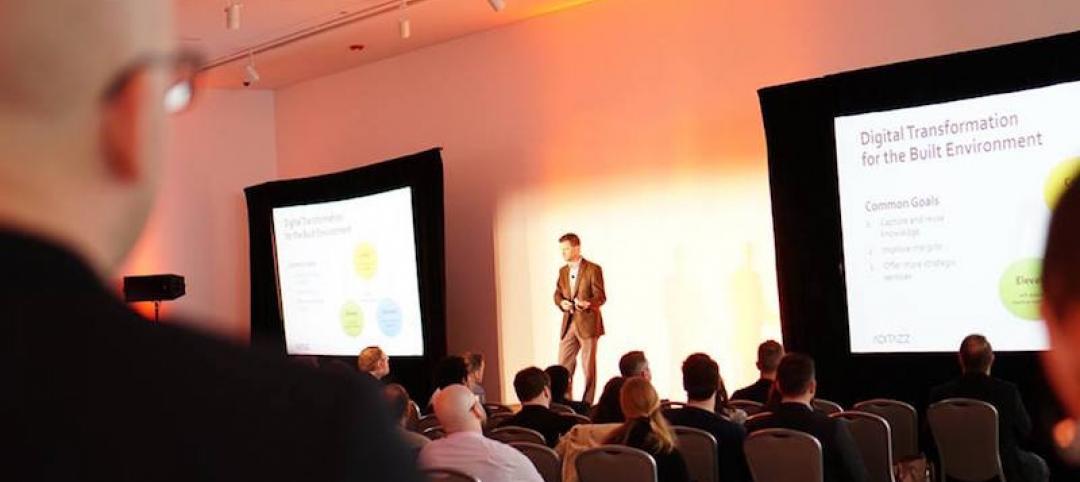The first eight winning cities have been announced for a $42 million, 100-city data-use program.
The competition, called "What Works Cities" and is sponsored by former New York Mayor Michael Bloomberg's foundation, promotes innovation in city government by making the massive amounts of city operations data more publicly accessible to better improve issues like job creation, public health, and blight.
The cities will receive "expert support and peer-to-peer learning opportunities to make government more effective," according to a press release.
The AP reports that the eight cities—Seattle; New Orleans; Louisville, Ky.; Jackson, Miss.; Mesa, Ariz.; Chattanooga, Tenn.; Kansas City, Mo.; and Tulsa, Okla.—will each receive portion of the $42 million.
The press release provided examples of how cities are relying on data and evidence to deliver better results for city residents:
• New Orleans used data to reduce blighted residences by 10,000 and increased the number of homes brought into compliance by 62% in two years. The city’s “BlightStat” program has put New Orleans, once behind in efforts to revitalize abandoned and decaying properties, at the forefront of national efforts.
• New York City focused efforts to reduce air pollution and improved the health of residents after the local government studied and publicly released data showing which areas of the city were most polluted, and which local sources were contributing the most harmful air pollutants.
• Louisville is using data from volunteers who attached GPS trackers to their asthma inhalers to better identify and target the sources of air pollution.
• Kansas City, Mo., achieved a 20% increase in overall satisfaction with the city’s image since 2010, after using data from their annual citizen survey and 311 services to drive decision-making for city departments.
The What Works Cities program is open for cities between 100,000 and one million people, and 110 cities have already applied. More winners will be chosen through 2017.
Related Stories
Sponsored | BIM and Information Technology | Sep 19, 2017
BIM vs VDC…how the US and the UK differ in approaching digital project delivery
In this four-part series, Bluebeam VP Sasha Reed sat down with industry experts to examine the need for defining and understanding digital workflows and data management throughout the design and construction project lifecycle.
Sponsored | BIM and Information Technology | Aug 28, 2017
3D scanning solution brought in to beat the heat on challenging fuel pipe demolition and replacement project
Acensium is an engineering consulting services firm with a focus on material handling retrofit projects and 3D scanning for as-built reality capture.
AEC Tech | Aug 25, 2017
Software cornucopia: Jacksonville Jaguars’ new practice facility showcases the power of computational design
The project team employed Revit, Rhino, Grasshopper, Kangaroo, and a host of other software applications to design and build this uber-complex sports and entertainment facility.
Office Buildings | Jul 20, 2017
SGA uses virtual design and construction technology to redevelop N.Y. building into modern offices
287 Park Avenue South is a nine-story Classical Revival building previously known as the United Charities Building.
Accelerate Live! | Jul 6, 2017
Watch all 20 Accelerate Live! talks on demand
BD+C’s inaugural AEC innovation conference, Accelerate Live! (May 11, Chicago), featured talks on machine learning, AI, gaming in construction, maker culture, and health-generating buildings.
Sponsored | BIM and Information Technology | Jun 13, 2017
Project information management for dummies
| Jun 13, 2017
Accelerate Live! talk: Is the road to the future the path of least resistance? Sasha Reed, Bluebeam (sponsored)
Bluebeam’s Sasha Reed discusses why AEC leaders should give their teams permission to responsibly break things and create ecosystems of people, process, and technology.
| Jun 13, 2017
Accelerate Live! talk: Incubating innovation through R&D and product development, Jonatan Schumacher, Thornton Tomasetti
Thornton Tomasetti’s Jonatan Schumacher presents the firm’s business model for developing, incubating, and delivering cutting-edge tools and solutions for the firm, and the greater AEC market.
| Jun 13, 2017
Accelerate Live! talk: The future of computational design, Ben Juckes, Yazdani Studio of CannonDesign
Yazdani’s Ben Juckes discusses the firm’s tech-centric culture, where scripting has become an every-project occurrence and each designer regularly works with computational tools as part of their basic toolset.












